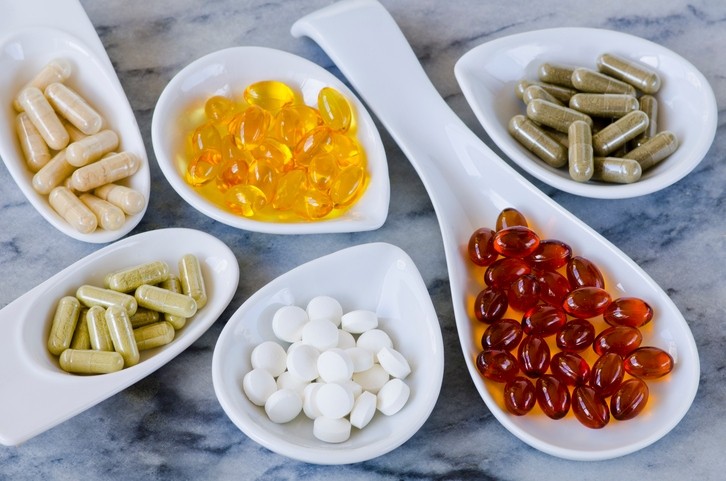Generational preferences affect engagement with dietary supplement brands: Survey

Conducted by Chicago-based CBD Marketing, the new research indicated that for supplement brands to be most effective they cannot assume one message or marketing tactic works for all consumer ages and types, even if the product(s) have efficacy across multiple age categories.
“It’s clear from our research that the idea that ‘one size fits all’ for product marketing—including social media marketing—is ludicrous,” said Lori Colman, CBD Marketing’s Co-CEO, who presented the findings at this week’s SupplySide West in Las Vegas.
“Our study proves you can’t assume everyone buys your product for the same reason. Products, including supplements, are purchased for different reasons by different age, demographic or user groups. Marketing needs to resonate with, and reflect, audience-specific needs in order to be effective.”
Research details
Almost half a million social media posts were analyzed, with the data related to supplement interest across three age-segmented groups: Boomers (age 55 +); Gen X (age 35–54) and Millennials (age 18–34). The social posts were generated by men (44%) and women (56%), with Millennials responsible for the greatest volume of posts at 47% of the total.
According to CBD Marketing, all these groups talk about and seek recommendations for supplements on social media platforms, making analyzing social media content a highly reliable barometer of consumer opinions.
Boomers
Breaking the data down by age group revealed that Boomers represent almost 50% of all consumer spending, and that they spend an average of 11 hours per week online, researching and shopping.
A key focus for this age group is healthy aging, with interest around skin/muscle, joints, eye care, heart health, digestion and brain/memory.
• Boomers want proven benefits and look for products related to healthy aging. They are wary of adverse health effects.
• They prefer pills, vitamins, natural supplements, condition-specific products.
• They avoid products with artificial ingredients, and with stated side effects.
• Influencers include individuals who personify healthy aging, with advice on diet, weight loss and general health education.
Generation X
This age group is the most time-constrained, and are striving for more of a work-life balance. Their supplement use is mostly around addressing middle-age maladies, and their supplement conversations are largely food focused. Marketing should stress convenience, taste and use in everyday meals, said CBD Marketing.
• They view supplements as a food ingredient.
• They want protein, particularly plant-based protein.
• They prefer products with workout or weight management benefits.
• They don’t want artificial ingredients, vitamin pills or products that have a bad taste or aftertaste.
• Influencers include those who provide recipes, resources and consumer education on food, health and lifestyle.
Millennials
Most Millennials are interacting on social media every day. They distrust large institutions and their interests lean toward holistic health solutions, sports nutrition, energy and sleep. According to the CBD data, their supplement conversations are very personal and often describe how they feel.
Marketing should highlight how products are personalized to meet consumer needs, are sustainable and natural.
• Protein powder is a very hot topic, especially plant-based. Protein drinks and shakes dominate.
• They want natural ingredients, clean label products.
• Fitness and their own general health and wellness are key.
• They don’t want multi-vitamins, pills, incomplete proteins or anything with a gritty texture or aftertaste. NO to products from big pharma.
• Influencers focus on fitness, personal wellness. Promoting brands is OK.
Marketing impacts
Colman added: “Consumers in all age groups are fueling the growth of the supplement industry, which is expected to be a $278 billion global market by 2024.
“Even now, in 2018, 76% of U.S. adults report taking supplements—that’s 170 million Americans. To be most impactful with their marketing, the supplement industry needs to tune into nuances that are in plain view on social media.”
According to data from the Council for Responsible Nutrition’s 2018 Consumer Survey on Dietary Supplements, 78% of Baby Boomers use supplements, 77% of Gen Xers are supplement users, as are 69% of Millennials.















